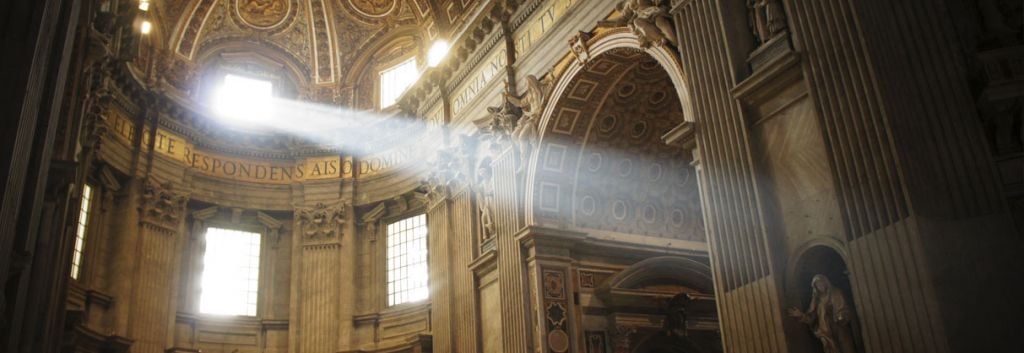Were you aware of the Vatican’s work in the Biosciences – including Biotech? Well, now it has awarded the Richest Doctor in the world, Patrick Soon-Shiong, some fancy award for his pioneering work against Cancer. AND it held an Adult stem cell therapy research conference with the Pope and US Vice President Joe Biden over the weekend.
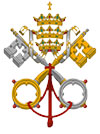 The award, presented by Gianfranco Cardinal Ravasi (President of the Pontifical Council for Culture) recognises medical innovators ‘who change the course of history and reduce suffering on a global scale‘.
The award, presented by Gianfranco Cardinal Ravasi (President of the Pontifical Council for Culture) recognises medical innovators ‘who change the course of history and reduce suffering on a global scale‘.
Soon-Shiong is the CEO of the multi-disciplinary company NantWorks, which reminds me a little of the Catapult collective in the UK (which has various divisions for different medical research specialisms – including Cell & Gene Therapy), but on a completely different scale. NantWorks was even described by Forbes as ‘Soon-Shiong’s Health Empire‘.
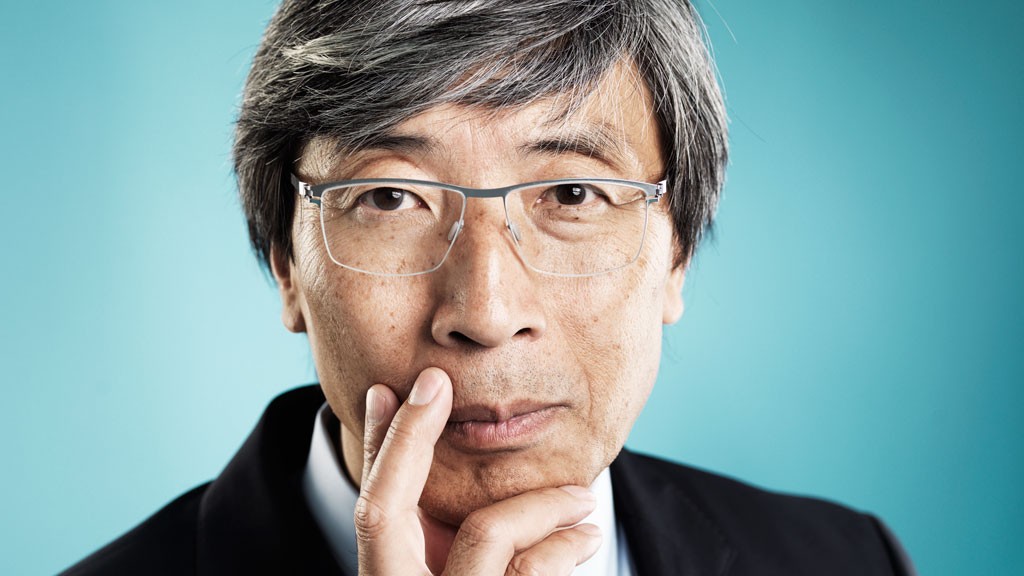
Soon-Shiong rose to fame for his work on an injectable albumin-bound drug for various cancer types. As a form of small molecule drug (Paclitaxel) which is transported by albumin molecules in the blood, Abraxane was the first of its kind to be approved by the FDA.
Now he’s worth over 10 billion euros! He is also the founder of the Cancer MoonShot 2020 programme, a US initiative aiming to ‘beat cancer through a historic alliance’ of leaders of large pharma and biotech companies, insurance providers, Fortune 50 companies, and academia and community oncologists to accelerate next-generation immunotherapy in cancer.
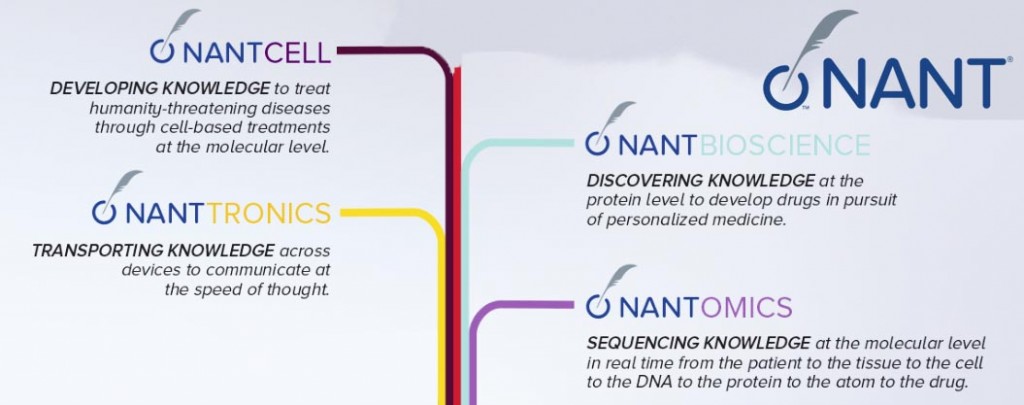
According to the mission statement, the initiative aims to explore a new paradigm in cancer care by initiating randomised Phase II trials in patients at all stages of disease in 20 tumor types in 20,000 patients within the next 36 months – wow! It is hope these findings will inform Phase III trials to develop an effective vaccine-based immunotherapy to combat cancer by 2020.
“You and I are born with the immune system as God-given protection against cancer,” Soon-Shiong said in a Medscape interview. And this is not the only area of Biotech which the Vatican is getting on board with…
To my surprise, it is also holding a conference this month on Adult Stem Cell therapy research. Vice president Joe Biden (part of the Cancer MoonShot 2020 initiative) also attended for a speech on the field, alongside Soon-Shiong which had an audience with Pope Francis.
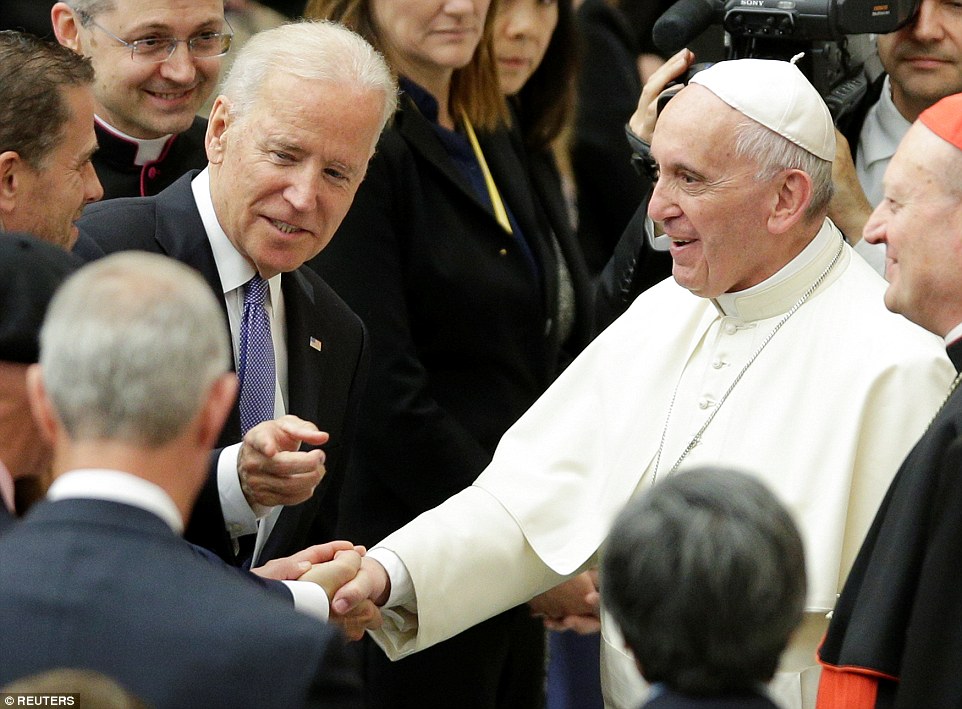
The Regenerative and Cellular Horizons Conference (which occurred over the weekend) looked to specifically discuss pediatric cancers, rare genetic diseases and also age-related diseases. In Pope Francis’ opening address, he highlights the concern that such diseases are a less attractive area of research given their rarity:
These patients are often not given sufficient attention, because investing in them is not expected to produce substantial economic returns.” – The Pope
Right on the ball – we were recently discussing this trend in Biotech investment and clinical trials with several CEOs working on rare diseases. And international Rare Disease Day was just in February (here’s some examples of indications being researched).
However, Pope Francis is not actually the first leader of the Catholic Church to react positively to the potential of Cell therapeutics in medicine. Pope Benedict XVI was presented a book on Cell therapy in medicine in 2012.
‘The Healing Cell‘ was written following the first Stem Cell conference (in 2011) and as a collaboration between The Vatican’s Pontifical Council (via its charitable foundation STOQ) and the Stem for Life Foundation, a US NGO working on advancing cell therapies.
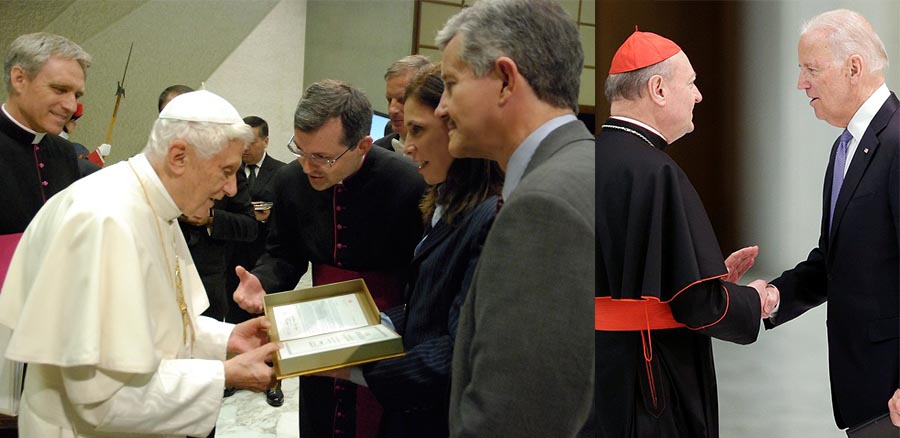
It’s obviously a very controversial (and inflammatory) area – i.e the Catholic Church’s perspective on Stem cell research…but I don’t want to get into that. The fact is, the Vatican does seem to have an ongoing positive interest in modern Biotechnology – and perhaps this is a sign of better things to come.
Could this be the Vatican change in tide the Scientific, Religious and patient communities have been waiting for? It’s hard to say exactly, but i’m certainly very (pleasantly) surprised.
P.S. No religious or atheistic motivations here – just impartial opinion.




